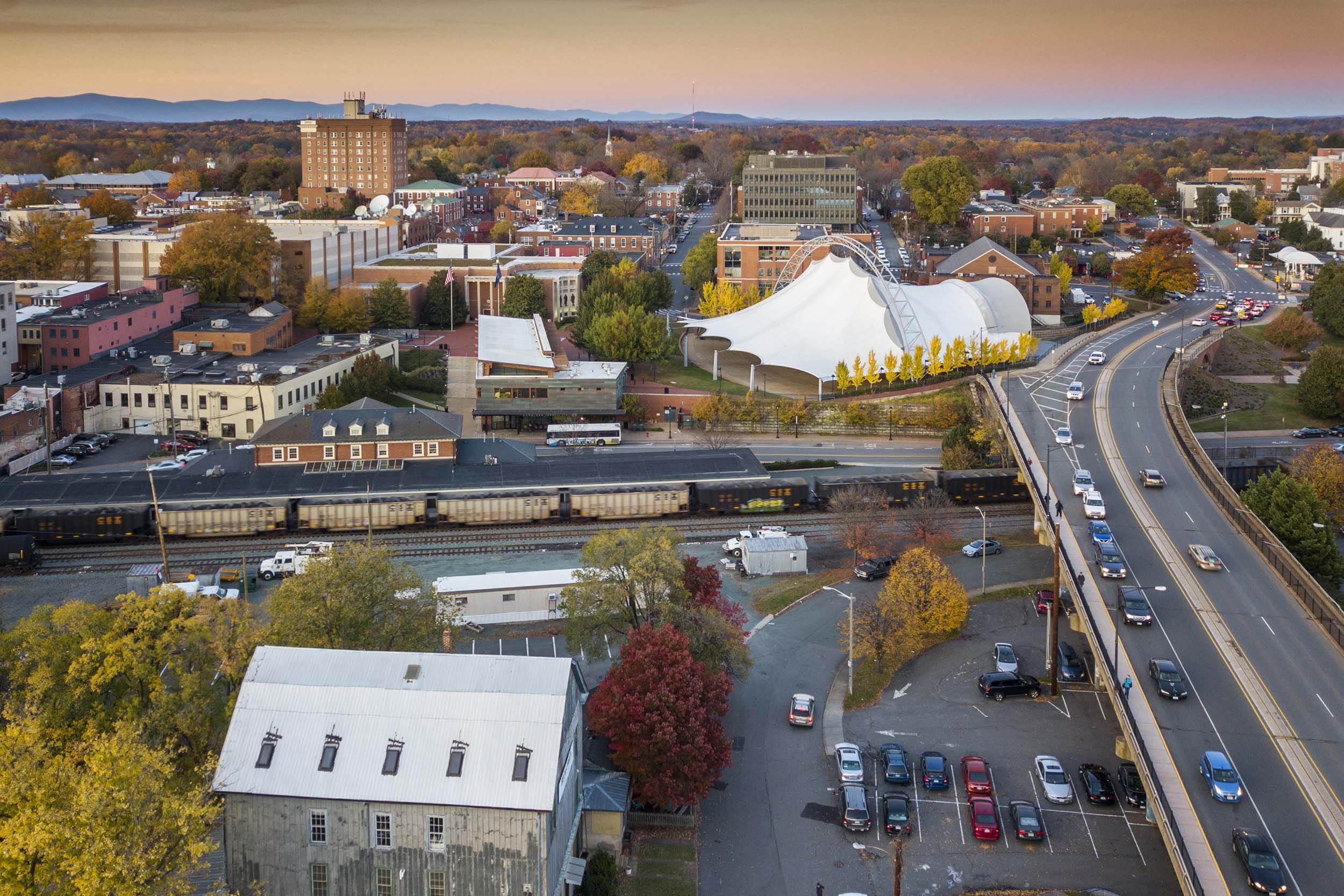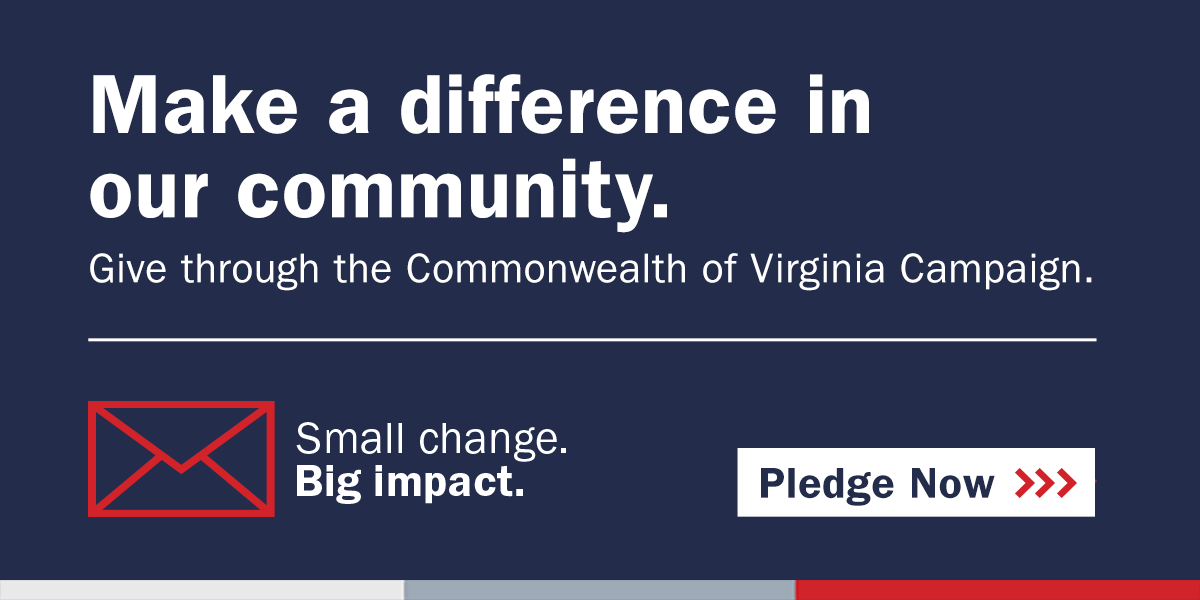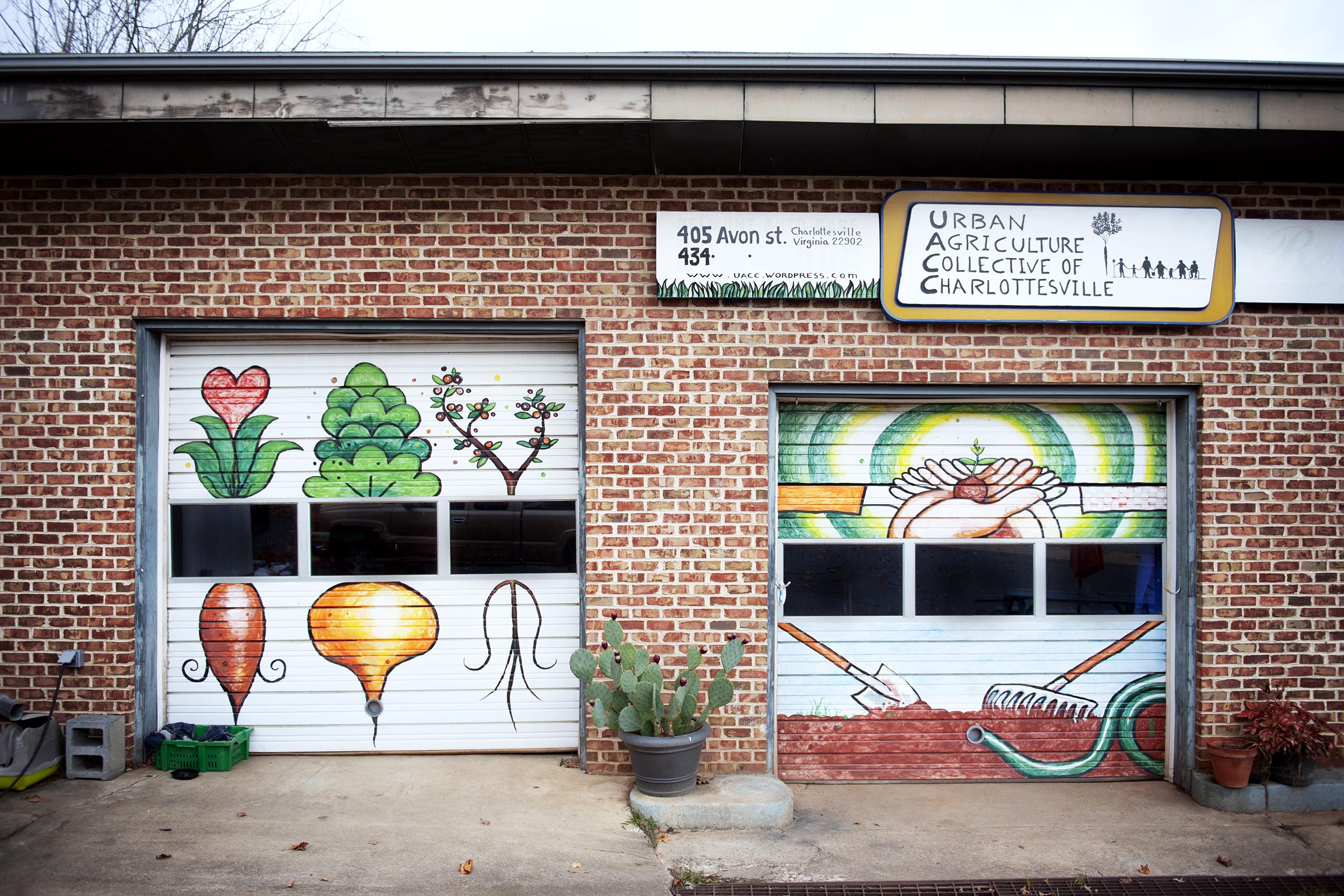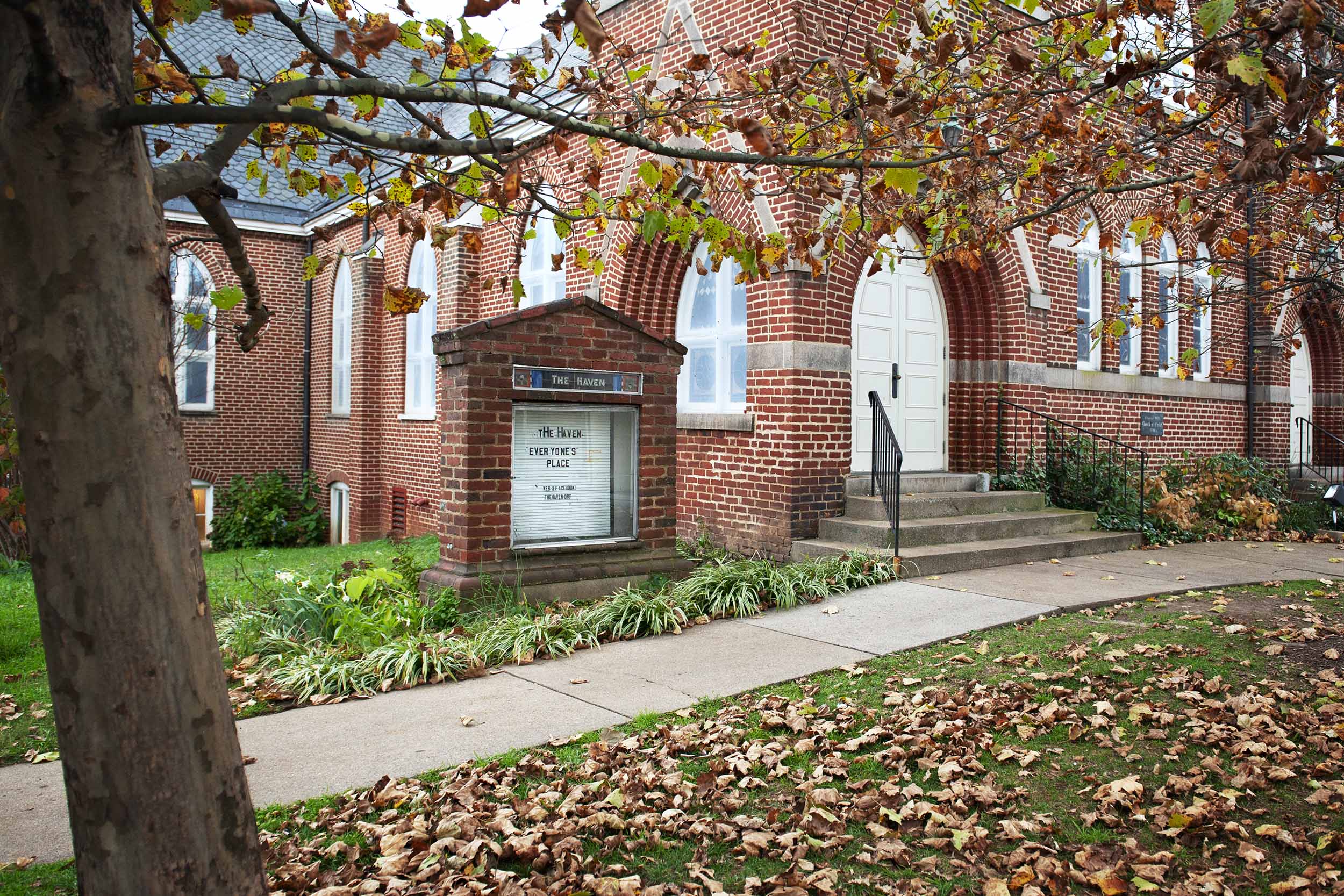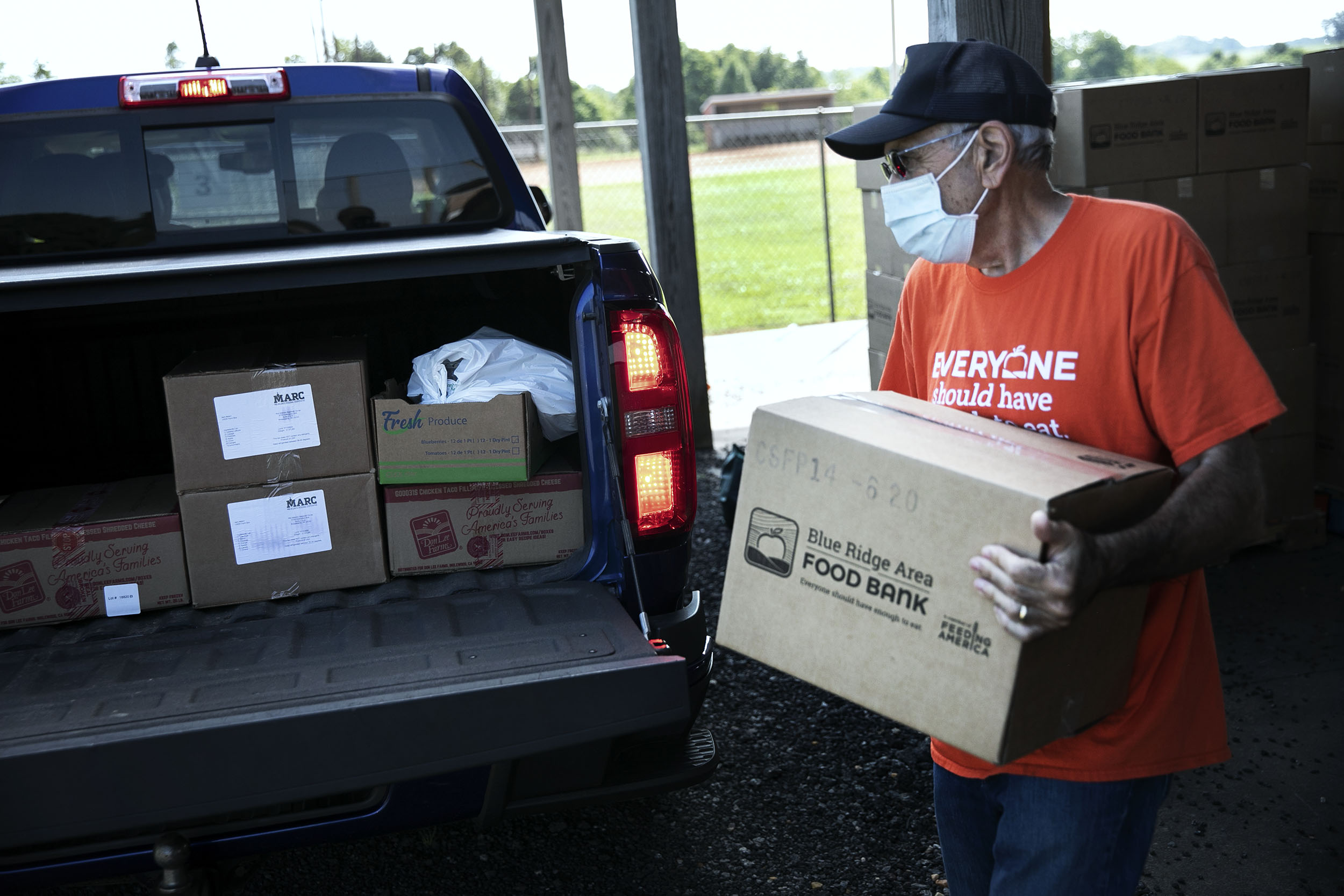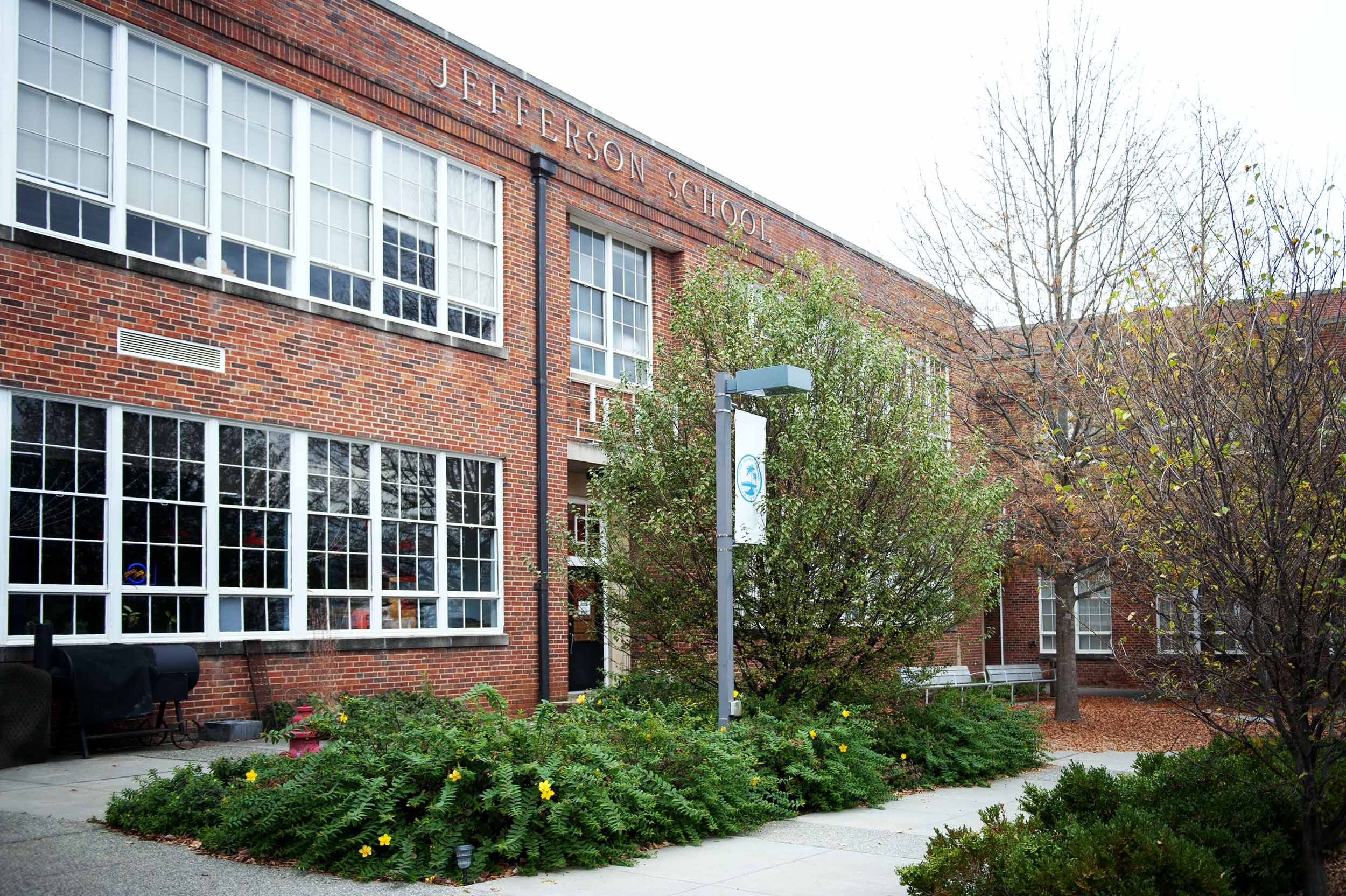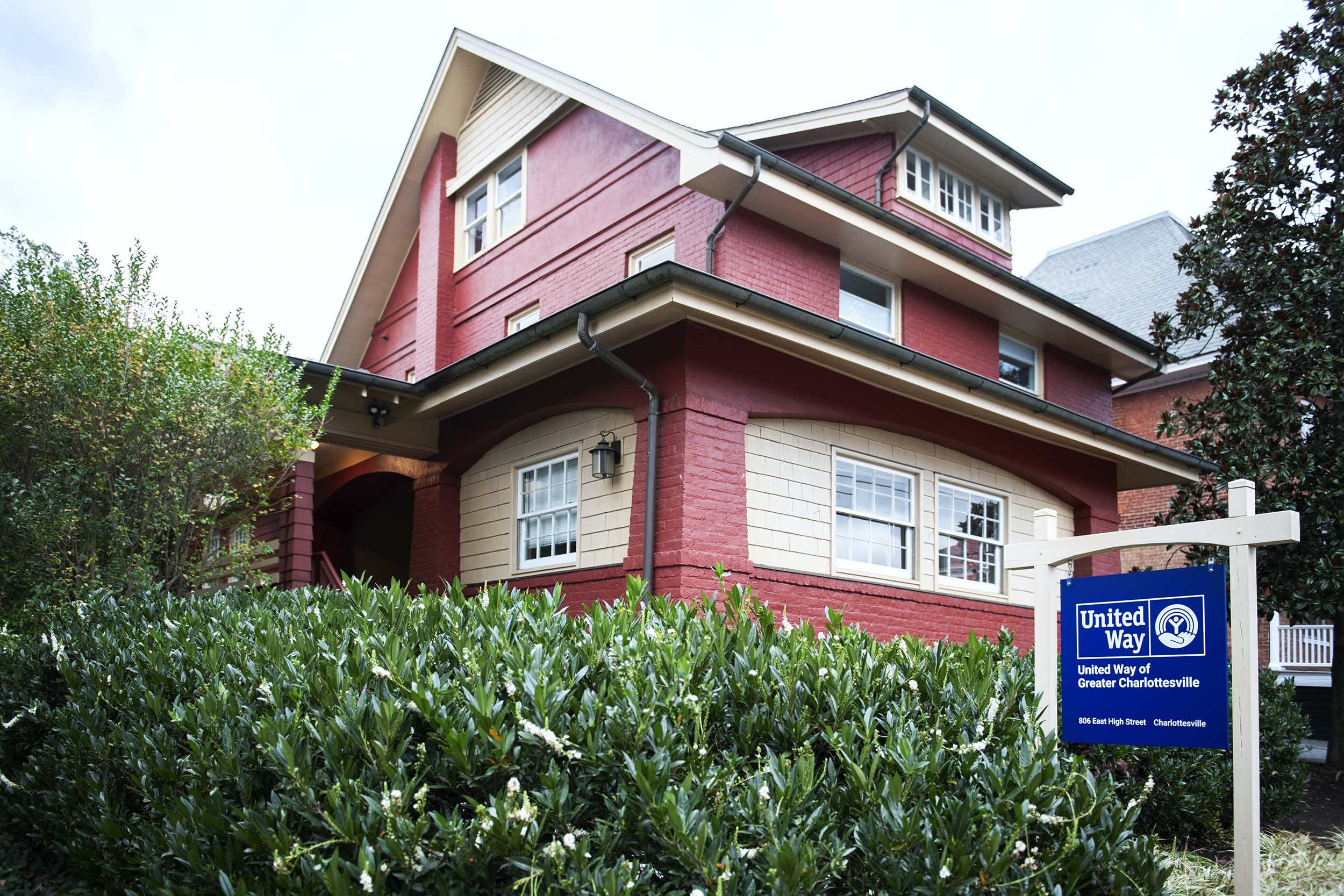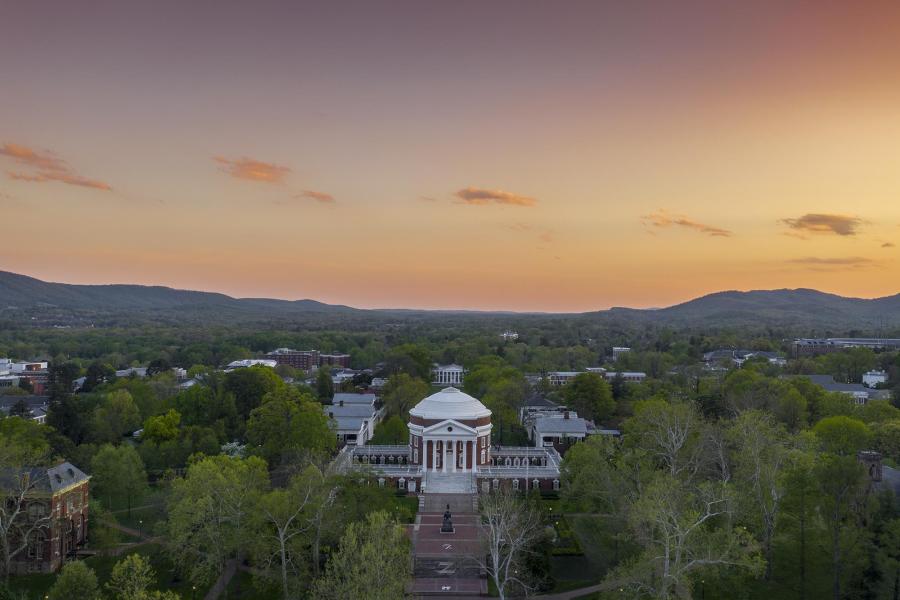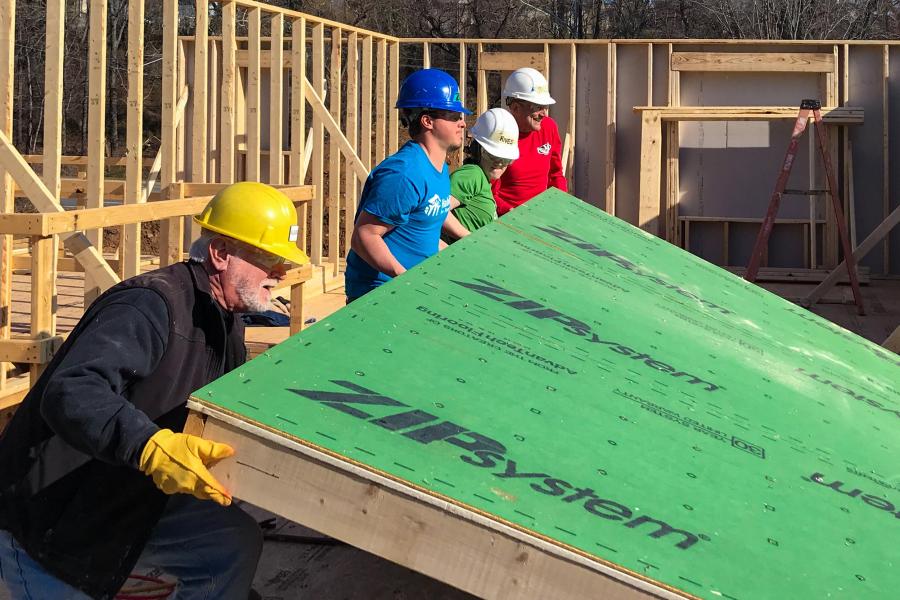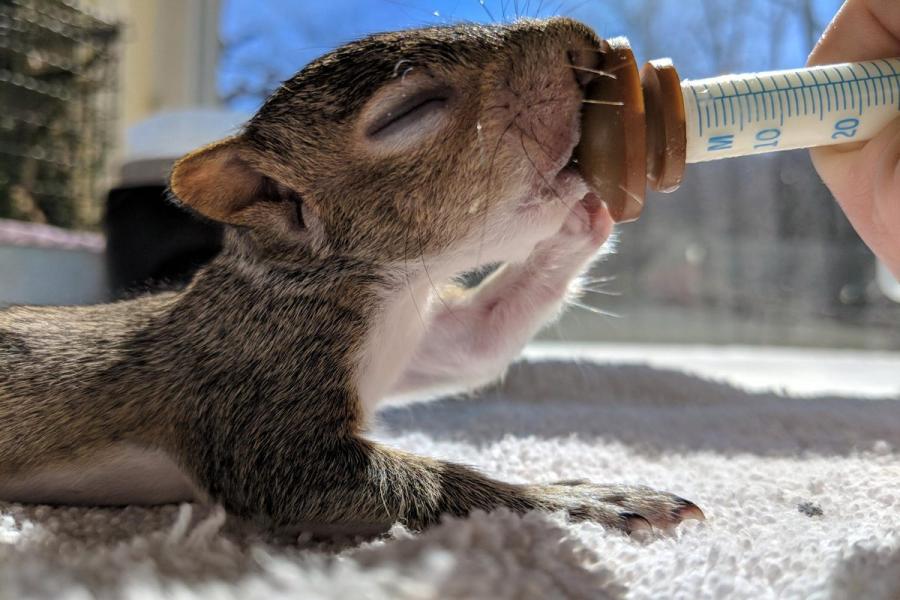The Haven
Stephen Hitchcock, Executive Director
Q. Can you tell us a little bit about The Haven?
A. The Haven is a day shelter and housing resource center for people at risk of, or experiencing, homelessness in the greater Charlottesville area. We are open every day of the year, morning to evening, providing respite and basic resources, as well as onsite referrals and an array of housing interventions. No matter the circumstance, we endeavor to help all of our guests successfully navigate the homeless system of care, with the expressed purpose of helping them navigate their way out of homelessness into housing.
Q. How has The Haven been impacted by the pandemic?
A. We provide basic resources – respite, food, showers, laundry, a physical mailing address and computer/phone access – as well as housing assistance for those at risk of, and those experiencing, homelessness in the greater Charlottesville area. To address homelessness through affordable housing remains the goal of all of our services, a goal more crucial than ever during the coronavirus pandemic. Housing is health care.
Q. How can faculty and staff donations help The Haven continue this important work?
A. Donations from the CVC keep our doors open and the lights on! In so doing, those donations provide the necessary space and time and resources for people not only to subsist, but actually resolve their homelessness and reintegrate into the broader Charlottesville community.
